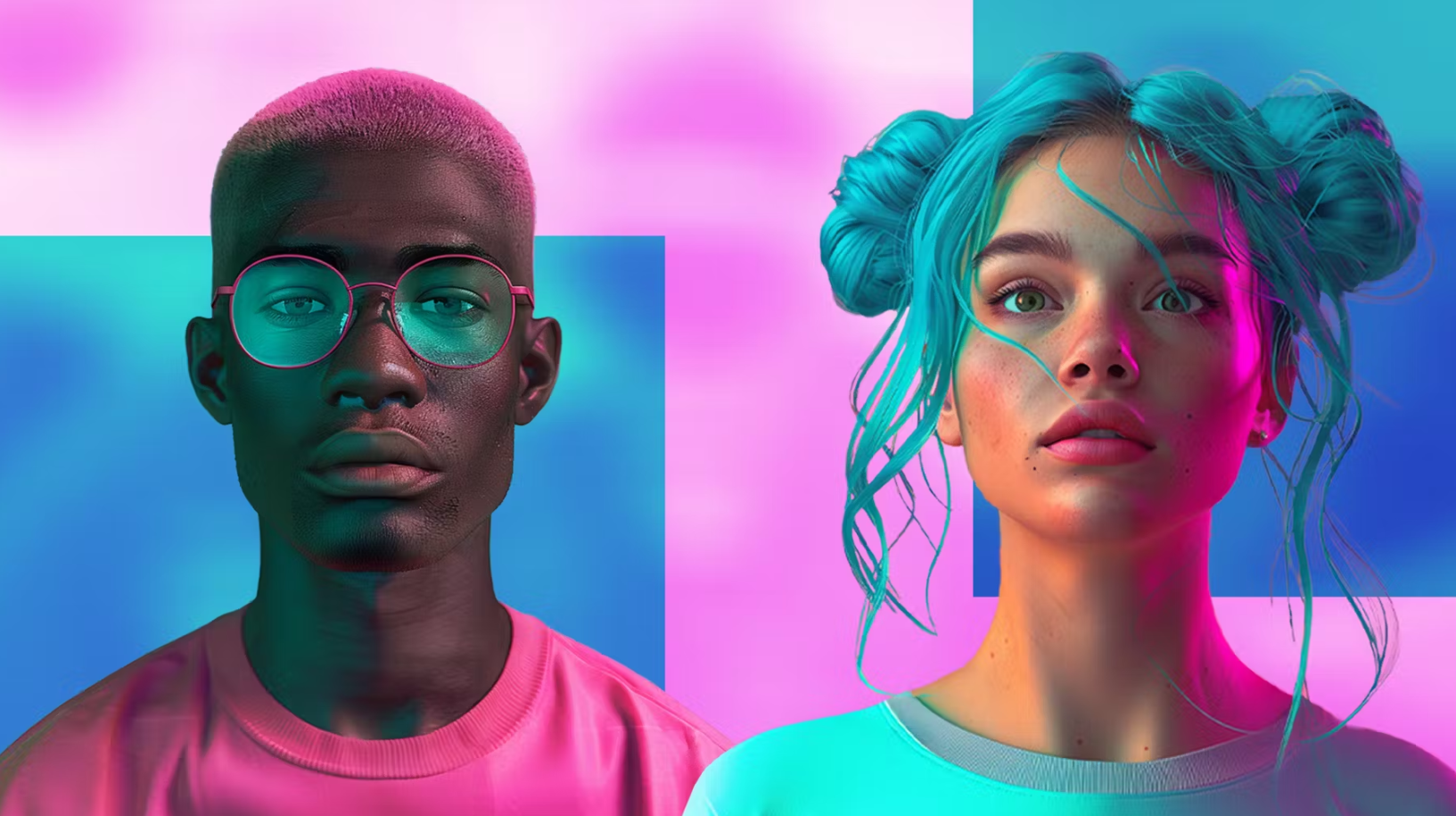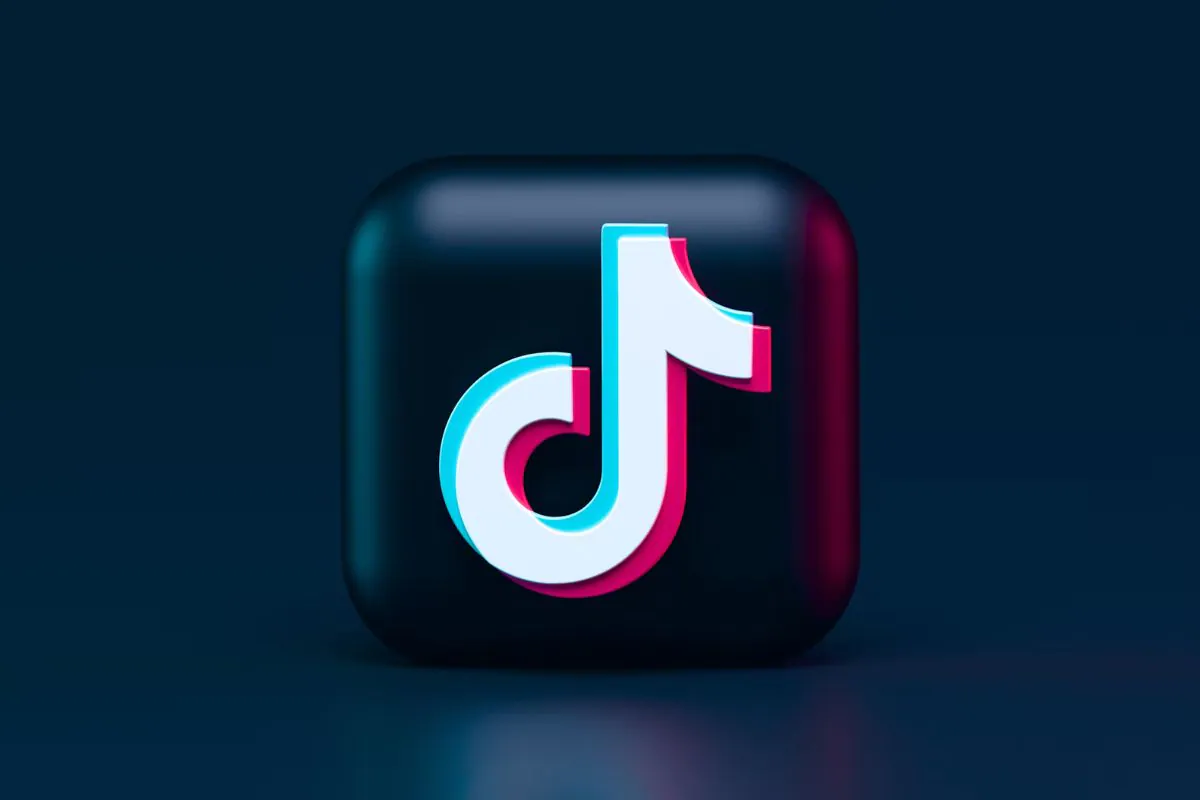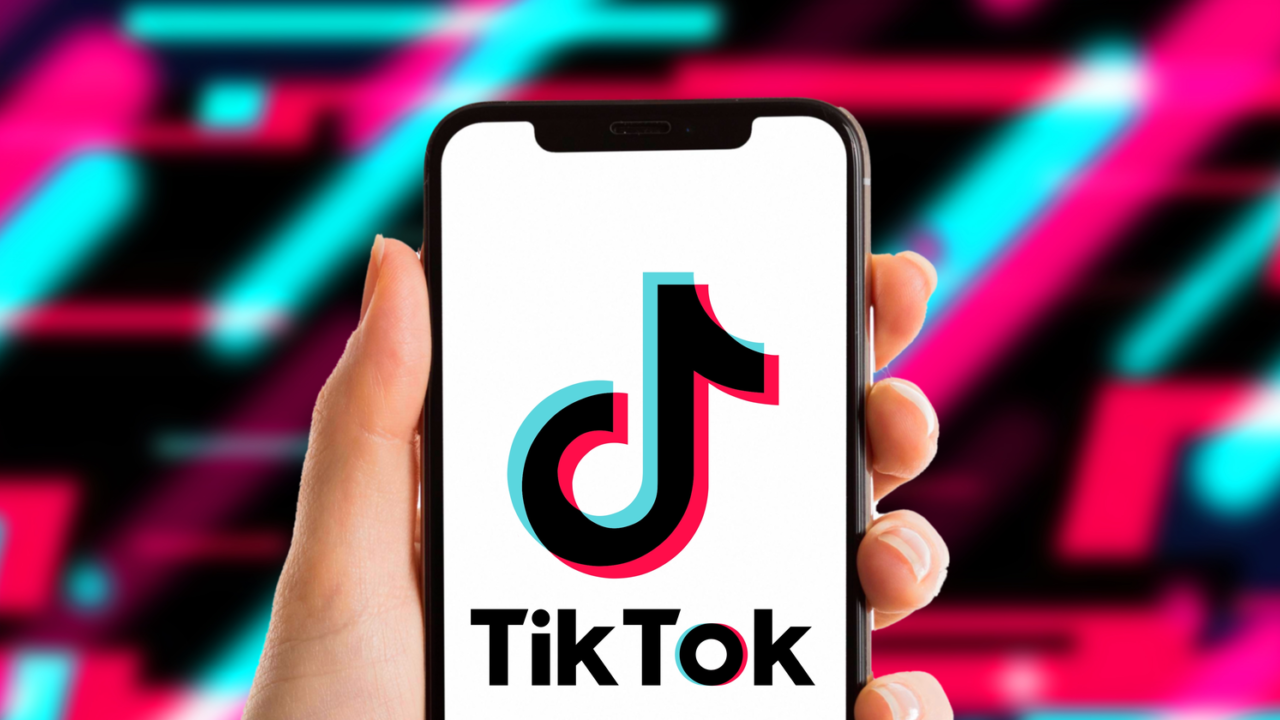Highlights
- TikTok tests AI to create virtual influencers for brand marketing.
- AI influencers currently underperform compared to human counterparts.
- Uncertain launch plans as technology may need further development.
- Potential user backlash requires careful strategy implementation.
TikTok is testing a new feature that uses artificial intelligence to generate virtual influencers aimed at helping brands and merchants promote and market their products.
However, the company’s internal trials have revealed some challenges with this AI influencer technology that could impact its future rollout.
The way it works is the AI creates a digital celebrity persona for a merchant or brand.
This virtual influencer then appears in promotional ads and videos, acting out scripts and making product recommendations based on the merchant’s inventory and data.

The idea is to provide an AI-powered marketing voice and face for brands on the platform.
However, in TikTok’s own testing so far, these AI influencers have struggled to drive actual product sales at the same level as real human influencers on the app.
As a result, the company believes the technology is not yet ready to fully replace human marketing efforts, but may eventually complement them.
Uncertain Launch Plans

Advertisers familiar with the project say it remains in quite early development stages at TikTok, with no firm launch date set.
The company’s parent ByteDance may choose to further refine and improve the AI influencer system, or could even decide to scrap the idea entirely based on performance.
The news comes amid a trend on Douyin, TikTok’s Chinese sister app, where many creators have built sustainable incomes through brand partnership deals after TikTok ended its $1 billion creator fund last year.
User Sentiment a Concern

As TikTok looks at potentially rolling out these AI influencers more widely, media reports highlight the need for a careful approach to avoid alienating the app’s human user base.
TikTok has already had to rally its community to lobby against a potential US ban on the platform.
Given this tenuous situation, the company will need to tread carefully with any AI influencer strategy to ensure it doesn’t trigger a backlash from real creators and users.
While the technology could provide new marketing opportunities, TikTok’s early tests show there are still some hurdles to overcome before virtual AI personalities can truly complement, let alone replace, human influencers on the platform.
FAQs
How do TikTok’s AI virtual influencers work?
TikTok’s AI technology generates virtual influencers by creating digital personas that can act in promotional content for brands.
These AI-created figures utilize merchant data to recommend products and mimic human influencer activities like engaging with audiences and delivering scripted recommendations in videos.
What challenges has TikTok faced with its AI influencer technology?
During internal testing, TikTok discovered that their AI influencers were less effective at driving sales compared to human influencers.
This gap in performance has led to reconsideration of the role AI might play in marketing, with current assessments suggesting it may supplement rather than replace human efforts.
What are the potential impacts of deploying AI influencers on TikTok?
Introducing AI influencers could fundamentally change marketing strategies on TikTok by providing brands with a consistent and potentially less costly marketing voice.
However, there are concerns about how these AI personalities might affect user engagement and the authentic feel that human influencers bring to the platform.
Why is TikTok cautious about the full rollout of AI influencers?
The cautious approach to deploying AI influencers stems from their current underperformance in sales generation and the broader implications for user sentiment and platform authenticity.
TikTok’s management is evaluating whether to enhance the technology or potentially discontinue the project if it does not align with user expectations and brand needs.
Also Read: TikTok Unveils Creator Rewards Program to Boost Monetization for Content Creators
Also Read: TikTok Ban Concerns Highlight Privacy and Education Debate
Also Read: TikTok Announces Youth Council to Enhance Platform Safety Amidst Potential Ban in the US
